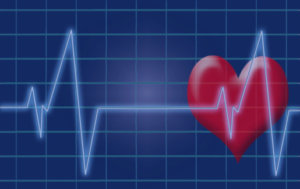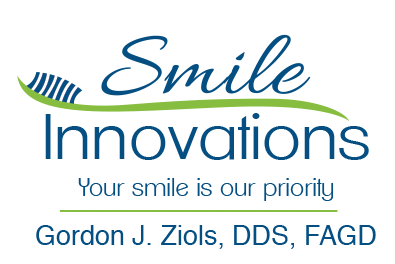60630 Dentist
 The human body is a network of interconnected systems and organs. Unfortunately, issues that impact one particular area of your body can also effect the health and function of other areas. Recently, studies have highlighted evidence for links between gum disease and heart disease.
The human body is a network of interconnected systems and organs. Unfortunately, issues that impact one particular area of your body can also effect the health and function of other areas. Recently, studies have highlighted evidence for links between gum disease and heart disease.
While the exact nature of the connection is still being researched, heart disease is almost twice as likely to occur in people who have gum disease. Nearly half of all Americans have undiagnosed gum disease. In the United States, heart disease is the leading cause of death, making it pertinent that you maintain a healthy heart. The first key to doing so might lie in keeping your gums healthy.
While gum disease may be a contributing factor to heart disease, it is not the only cause. It is essential that you maintain regular visits to your primary care physician as well to measure your overall health. Other factors and lifestyle choices can impact your heart health.
Diet and exercise. Maintain an active lifestyle with activities you enjoy, such as taking walks, riding bikes, playing sports, or doing yoga. Avoid foods high in starches and sugars, including carbonated soft drinks, as they can also damage your teeth.
Don’t smoke. Whether you’re smoking or vaping, nicotine has a detrimental effect on your cardiovascular system and can damage teeth, gums, and lungs. Recent studies have connected vaping to a rapid loss in healthy cells that line the top layer of your mouth. These cells play an essential role in keeping your mouth healthy.
Brush your teeth. The most basic part of oral hygiene is also the most effective. Make sure you brush and floss at least twice a day.
By keeping a balanced, exercising regularly, and taking care of your teeth, you’re taking a holistic approach to your well-being and minimizing your risk of developing heart disease.
As with other diseases, preventing gum disease alone will not completely remove the risk of developing heart disease. However, you can take a proactive approach to keeping your body healthy, starting with your oral health.
To schedule a cleaning and examination, please contact our office.
5399 N. Milwaukee Ave.
Chicago, IL 60630
(773) 736-1000


 X-rays provide useful visual data for dentists to utilize when treating you. Occasionally, guests to our office ask about the radiation from x-rays and the dangers associated with high-exposure. Rest assured, a dental x-ray is one of the safest medical imaging procedures there is. Here’s what you need to know about getting a dental x-ray.
X-rays provide useful visual data for dentists to utilize when treating you. Occasionally, guests to our office ask about the radiation from x-rays and the dangers associated with high-exposure. Rest assured, a dental x-ray is one of the safest medical imaging procedures there is. Here’s what you need to know about getting a dental x-ray.